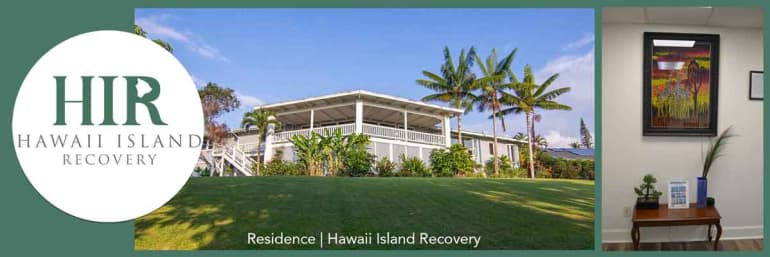The ongoing worldwide Coronavirus pandemic has created an enormous amount of anxiety, stress, anger, and sadness. As the pandemic drags on, it has the ability to inflict long-term emotional trauma on people around the world and at an unprecedented scale. With countless millions out of work and tens of millions of people in quarantine, the chances of significant psychological trauma being felt on a worldwide scale is very real. Among the mental illnesses, people can experience during this outbreak is post-traumatic stress disorder (PTSD)
Defining PTSD
According to the American Psychiatric Association (APA), PTSD is defined as the
following:
“(PTSD) is a psychiatric disorder that can occur in people who have experienced or witnessed a traumatic event such as a natural disaster, a serious accident, a terrorist act, war/combat, rape, or other violent personal assault.”
People afflicted with PTSD will experience intense, disturbing thoughts and feelings that related to their traumatic experience that lasts long after the event ends. For those with this condition, they will experience the traumatic event through vivid flashbacks or nightmares. People with PTSD will also feel a great deal of anxiety, fear or anger, and estrangement from other people. Additionally, people who suffer from PTSD may avoid situations or people that remind them of the traumatic event.
While a diagnosis of PTSD requires one to have direct exposure to a traumatic event, people can develop this debilitating mental condition indirectly as well. An example of this is when an individual finds out about the death of a family member or loved one. Additionally, people can develop PTSD indirectly through repeated exposure to horrific details outlined in sex, physical or emotional abuse cases.

Post-traumatic stress disorder, or simply PTSD, is a condition that affects people long after they experience a traumatic event. At Hawaii Island Recovery, patients have therapeutic alternatives to deal with and overcome trauma.
More infoCan People Develop PTSD because of
Coronavirus?
Is there a real possibility that people can develop PTSD as a result of COVID-19? The simple answer is yes. If people contract the virus—or know someone who has—the fear of dying and becoming a statistic is real. Since people can be asymptomatic and spread the virus, one’s fear and anxiety can compound. One must also think of the frontline healthcare workers when talking about the development of PTSD because of COVID 19. Healthcare workers put in long hours day in and day out worrying if they will contract the virus. Worse yet, they may have to make excruciatingly tough decisions on who and who not to treat.
With many people out of work and facing an uncertain economic future, the stress and anxiety they feel on a daily basis can leave them shell shocked. For those who live in an area where Coronavirus infections are widespread, they may feel afraid even to step outside. The feelings of isolation and being relegated to their homes or apartments can fuel feelings of hopelessness and fear which can give rise to PTSD and other mental illnesses.
Is There Any Hope for Help?
While the events that are transpiring worldwide with the virus does pose risks of people developing PTSD, not everyone will experience this condition. While many people will undoubtedly experience post-traumatic symptoms, these feelings are completely normal and expected immediately after going through an event such as COVID-19.
To minimize the impact of PTSD and other related conditions, it is important to talk about what you are experiencing with others. Do not bottle up your feelings or turn to substances in order to cope. Doing so will only make matters worse over the long run.

If needed, people should seek the help of a trained and experienced trauma counselor. Fortunately, there are many treatment facilities that offer this niche form of counseling specifically for trauma victims—including Hawaii Island Recovery. If you or a loved one need mental health help during these unprecedented times, call Hawaii Island Recovery toll-free right now.
 Hawaii Island Recovery
Hawaii Island Recovery 










